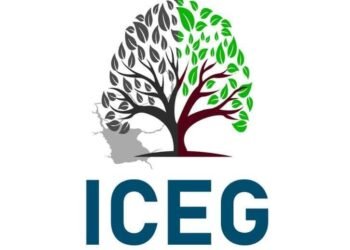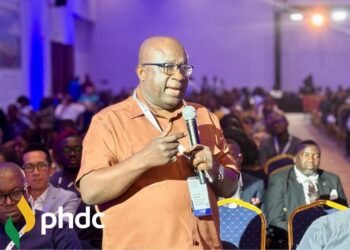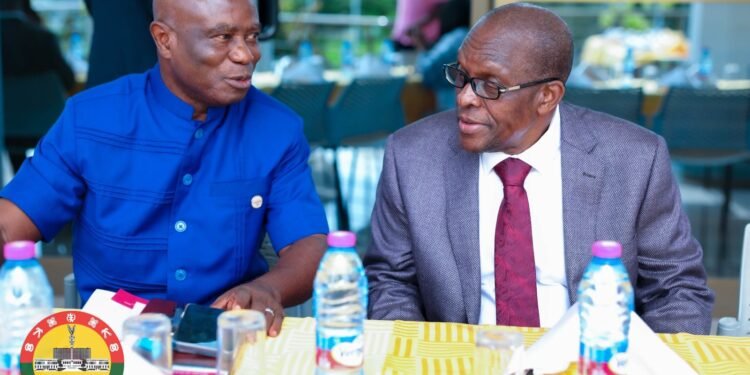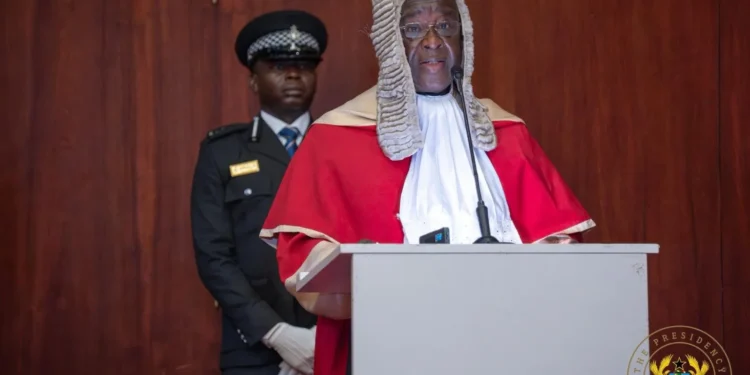Hon. Peter Lanchene Toobu, the Vice Chair of Parliament’s Defense and Interior Committee, has emphatically stated that the GHC 150 million budgeted for the National Anti-Illegal Mining Operations Secretariat (NAIMOS) operations in the 2026 Budget Statement and Economic Policy is simply insufficient if the government is serious about eradicating the illegal mining menace that has plunged the country’s mining industry.
Speaking on the budgetary allocation as the Vice Chair of the sector Committee in Parliament, Hon. Toobu, a retired police officer and Member of Parliament for Wa West, asserted that a more robust and well-resourced approach is needed to tackle the complex challenge of illegal mining. “Galamsey is destroying the country, and the GHC 150 million allocated in the 2026 budget is insufficient. If the government is truly serious about ending this menace, this allocation should be increased during a mid-year review,” he urged.
Toobu’s remarks underscore the gravity of the situation and the pressing need for the government to allocate adequate resources to the NAIMOS taskforce, which has been entrusted with the responsibility of combating illegal mining activities.
“Soldiers are trained for war. In the modern era, conflict is no longer solely between countries. Illegal mining is now a national security threat, and our armed forces must be empowered to address it.”
Hon. Peter Lanchene Toobu
The Vice Chairman of the Defense and Interior Committee emphasized, calling for a one-year mandate with clearly defined rules of engagement for the Ghana Armed Forces (GAF) to tackle the issue head-on.
Government Initiatives and the Role of NAIMOS
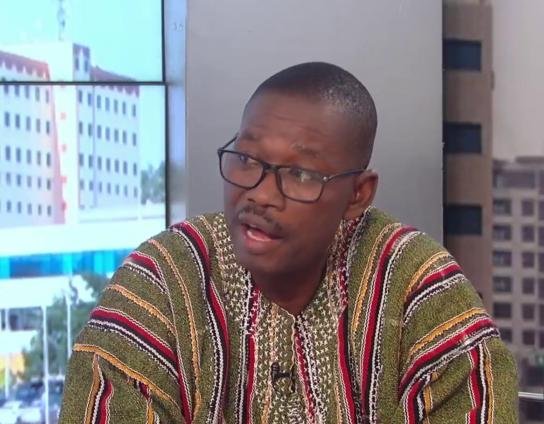
The Ghanaian government recognized the urgent need to address the illegal mining crisis and has taken several steps to combat this scourge.
The establishment of the National Anti-Illegal Mining Operations Secretariat (NAIMOS) characterized the key component of the government’s strategy, tasked with coordinating and leading the fight against illegal mining activities across the country.
NAIMOS, which currently comprises a force of 400 personnel, has been working tirelessly to disrupt and dismantle illegal mining operations, seize equipment, and apprehend those involved in these unlawful activities.
However, as Toobu has highlighted, the scale of the problem requires a significant expansion of the task force’s capacity and resources to truly make a meaningful impact.
The government’s commitment to addressing the illegal mining crisis is further demonstrated by the creation of alternative livelihood programmes, responsible corporate mining initiatives, and skills development projects.
These complementary efforts aim to provide viable economic alternatives to individuals who have traditionally relied on illegal mining for their livelihoods, while also promoting sustainable and ethical mining practices.
NAIMOS Taskforce

Hon. Toobu’s recommendation to increase the NAIMOS taskforce from 400 to 1,000 personnel highlights the need for a more robust and comprehensive approach to tackling the illegal mining menace.
By expanding the task force’s manpower and equipping them with the necessary resources, the government can enhance the effectiveness of its operations, allowing for more thorough and sustained interventions across the affected regions.
Moreover, Toobu’s call for a one-year mandate with clearly defined rules of engagement for the Ghana Armed Forces (GAF) underscores the gravity of the situation and the need for a decisive, military-led approach.
The involvement of the GAF, with its specialized training and capabilities, could provide the necessary muscle to disrupt and dismantle entrenched illegal mining networks, while also serving as a deterrent to future offenders.
While the government continues its battle against illegal mining, the concerns raised by the Defense Committee Vice Chair regarding the inadequacy of the current budget allocation for NAIMOS deserve a consideration.
Addressing this critical issue will require a multifaceted approach, combining increased resources, expanded taskforce capabilities, and the strategic deployment of the Ghana Armed Forces.
Only through a comprehensive and well-funded strategy can the government hope to turn the tide and effectively eliminate the destructive impact of galamsey on Ghana’s environment, economy, and social fabric.
READ ALSO: Ato Forson’s Budget Earns 82% Approval in Latest Public Poll




